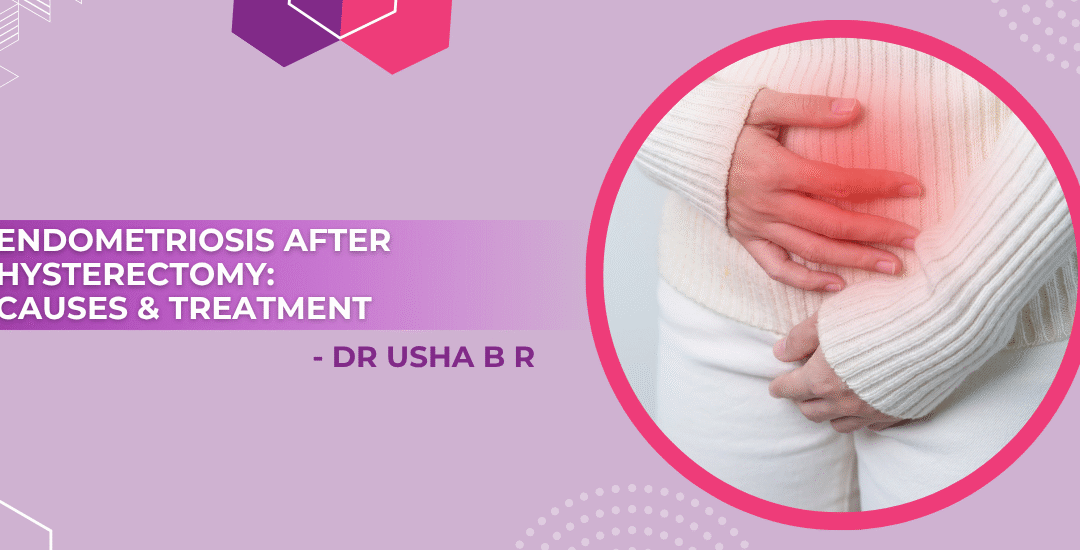A total hysterectomy is often performed to manage severe gynecological conditions such as fibroids, endometriosis, chronic pelvic pain, or heavy menstrual bleeding. While this surgery involves the removal of the uterus, and sometimes the cervix and ovaries, it is typically considered a definitive solution for many of these conditions. However, some women continue to experience symptoms even after undergoing a total hysterectomy. One such condition is endometriosis after total hysterectomy, where symptoms like pelvic pain or discomfort persist despite the surgical intervention.
According to Dr. Usha B R, a distinguished gynaecologist and IVF doctor in Jayanagar, many patients are surprised to find that endometriosis can still affect them post-surgery. She notes, “Persistent pain after hysterectomy could be a sign of underlying endometriosis that was not entirely removed or has recurred.”
At Usha Specialty Clinic, Dr. Usha offers advanced diagnostics and personalized treatment for complex conditions such as endometriosis. Her expertise in minimally invasive surgeries and infertility treatment in Jayanagar has made her a trusted name in women’s healthcare. If you are experiencing symptoms of endometriosis after total hysterectomy, Dr. Usha B R and her dedicated team are committed to offering expert guidance and effective treatment solutions.
Still feeling pelvic pain after hysterectomy? Let’s explore why these symptoms might linger.
Is it normal to have endometriosis symptoms even after a total hysterectomy?
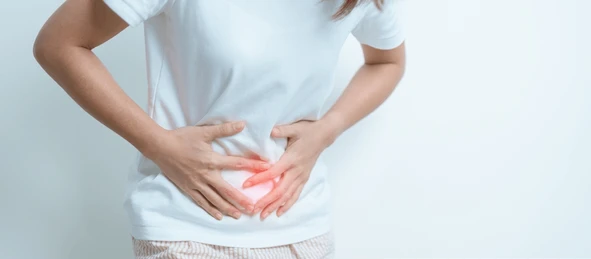
It is not uncommon to experience endometriosis symptoms even after a total hysterectomy, especially if any endometrial-like tissue was left behind or remains outside the uterus. While the surgery removes the uterus and sometimes the ovaries, endometriosis can persist if microscopic lesions or implants in other pelvic areas were not entirely removed.
These lingering endometriosis symptoms after hysterectomy, such as pelvic pain, bloating, or discomfort, may continue due to hormone stimulation or adhesions. It’s essential to monitor these symptoms and consult with a specialist to determine if further treatment is needed.

What causes endometriosis to recur after hysterectomy surgery?
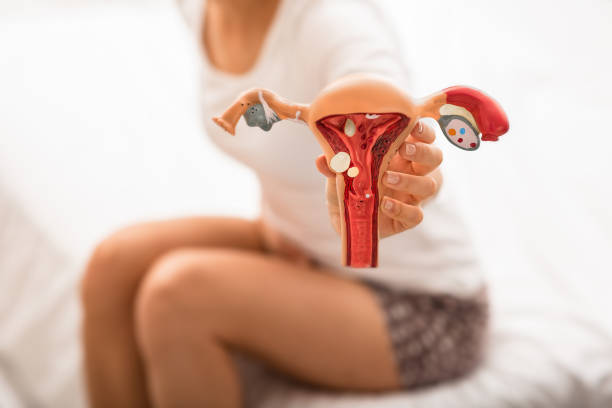
There are several potential causes of endometriosis after hysterectomy, including:

There are several potential causes of endometriosis after hysterectomy, including:
HRT can also stimulate any remaining endometriosis.
Ovarian conservation- where the ovaries are left intact, and the production of estrogen continues to fuel the lesions.
Each of these factors can contribute to endometriosis recurrence after hysterectomy and may occur years afterward.
What are the signs that endometriosis has recurred after hysterectomy?
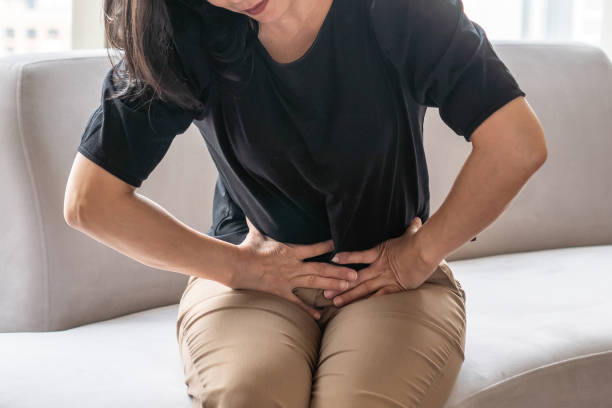
Persistent pelvic pain or cramping
Painful intercourse (dyspareunia)
Lower back pain
Fatigue and bloating
Painful bowel movements or urination, especially during your cycle, if ovaries remain
These symptoms might indicate presence of active endometrial tissue and/or persistent pain after hysterectomy due to involvement of nerves or adhesions.
Worried that your symptoms have returned post-surgery? Let us look into the available treatments.
What are the available treatment options if endometriosis recurs following total hysterectomy?
If endometriosis recurs after a total hysterectomy, several treatment options can help manage the symptoms and improve quality of life. These include:
Hormonal Therapy:

Laparoscopic Surgery:
Any remaining endometriotic tissue or adhesions, causing pain, will be removed using minimally invasive surgery.
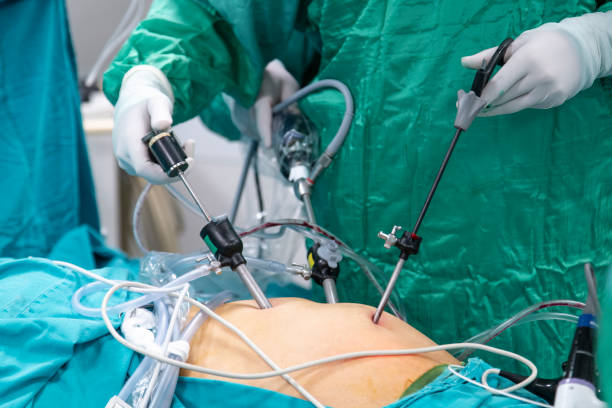
Pain management:
Medications such as NSAIDs can be used to manage pain, or nerve blocks can be performed to deal with chronic pain.
Pelvic Physical Therapy:
Lifestyle and Dietary Changes:

Alternative Therapies:
Ongoing Monitoring:
Regular follow-ups with a specialist to monitor any symptoms and adjust treatment plans.
Conclusion
Endometriosis after total hysterectomy can be an unexpected challenge, but it’s important to remember that you’re not alone in this journey. Although the surgery may remove the uterus, the condition can still persist or recur if any endometrial-like tissue remains.
Recognizing the symptoms early and seeking expert care from seasoned gynaecologist in Jayanagar, like Dr. Usha B R, is crucial for managing pain and improving quality of life. With the right treatment plan, whether it’s hormonal therapy, laparoscopic surgery, or pain management, women can regain control over their health and well-being.
Persistent symptoms need proper attention. Get in touch with a specialist to start your path to recovery.
Frequently Asked Questions:
1. Can endometriosis return after a total hysterectomy?
2. What are the signs of endometriosis recurrence?
Persistent pelvic pain, bloating, painful sex, and fatigue are common indicators.
3. Can hormone therapy trigger endometriosis after hysterectomy?
Yes, especially if estrogen is used, it may stimulate leftover tissue.
4. Is laparoscopic surgery effective for post-hysterectomy endometriosis?
Yes, it can help remove remaining lesions and reduce symptoms.
5. Does removing ovaries prevent recurrence?
It lowers the risk, but doesn’t guarantee that endometriosis won’t return.
6. Are there non-surgical treatments for recurrent endometriosis?
Yes, options include hormonal therapy, lifestyle changes, and pain relief methods.
7. Is fatigue a symptom of endometriosis recurrence?
Yes, chronic fatigue is often reported in recurring cases.
Disclaimer: The information shared in this content is for educational purposes and not for promotional use.

